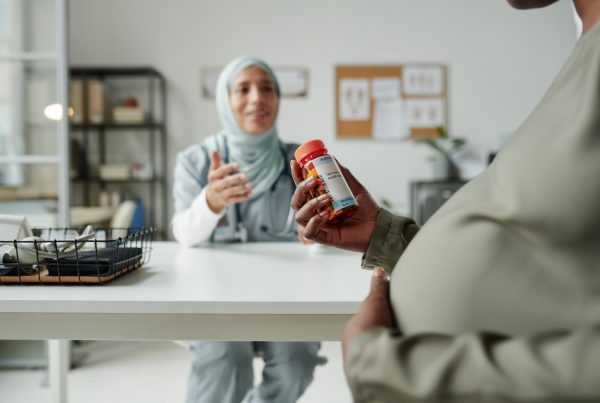In January 2025, the UAE introduced the Federal Decree-Law No. 38 of 2024, replacing the older Federal Law No. 8 of 2019, with significant implications for the regulation of medical products, the pharmacy profession, and pharmaceutical establishments.
Apart from a revised system for implementing marketing authorizations, and streamlining the approval process, other changes are expected.
Here we group some of the notable changes resulting from this legislative reform, to further highlight key focus areas and scope of impact on the pharmaceutical and healthcare sectors.
Regulatory Framework and Oversight
Establishment of the Emirates Drug Establishment (EDE): The EDE becomes the new central authority to oversee medical product approvals, pharmacovigilance, and market monitoring. This consolidates regulatory responsibilities that were previously divided among multiple entities.
Expanded Scope of Regulated Products: For more comprehensive oversight of emerging products, there will be a wider range of products subject to regulatory approval, including food supplements and genetically modified organisms. Advanced therapy medicinal products (ATMPs) will also have new specific rules.
New Regulation for Biobanks Contract Research Organisation (CROs): CROs, which conduct clinical trials on behalf of pharmaceutical companies, will also become regulated, as will Biobanks, which store biological samples for research and treatment, to ensure ethical handling, and compliance.
New Standards for Pharmaceutical Establishments: New licensing standards have been introduced for manufacturers, distributors, and pharmacies (including online pharmacies). This includes specific requirements for infrastructure, safety protocols, and operational practices.

Compliance, Enforcement, & Professional Standards
Strengthened Intellectual Property Protections: The law strengthens intellectual property rights for pharmaceutical products, including patient protection periods and enforcement mechanisms to incentivise innovation and expansion into the market for international manufacturers.
Increased Penalties for Non-Compliance: Fines, suspensions, and market bans for regulatory violations have been significantly increased, emphasising the importance of compliance and deterring non-adherence.
Standards for Pharmacists’ Continuing Education: Pharmacists are now required to undertake continuous professional development and education to keep their knowledge and skills up to date, ensuring a high standard of pharmaceutical care.
Tighter Advertising and Promotion Rules: Stricter rules will govern the advertising and promotion of medical products, prohibiting misleading claims and ensuring that marketing practices adhere to ethical standards.
Special Access Routes and Pathways
Conditional and Emergency Use Authorisations: The law provides clearer mechanisms for conditional approvals for life-threatening conditions and emergency use authorisations, allowing patients quicker access to critical treatments during emergencies.
Compassionate Use Provisions: Patients with serious or life-threatening conditions can still access investigational medical products that have not yet received full market approval under strict conditions to balance safety and access.
Fast-Track Approvals: A streamlined process is to be introduced to expedite approvals for innovation and critical medications, reducing waiting times for patients who need advanced treatments.

Safety and Quality Assurance
Enhanced Pharmacovigilance Requirements: The law mandates more rigorous monitoring of adverse drug reactions, requiring pharmaceutical companies to have robust systems for tracking, reporting, and responding to safety concerns.
Supply Chain Security Measures: New requirements have been introduced for tracking and tracing pharmaceutical products through the supply chain to prevent counterfeit products from entering the market and ensure product integrity.
Regulation of Food Supplements: The law now includes provisions for the regulation of food supplements, setting standards for their safety, efficacy, labelling, and advertising to protect consumers.
Crucially, the law provides a one-year grace period for affected entities to comply with the new requirements, with the possibility of an extension by a Cabinet decision. This allows a smoother transition to the new regulatory framework.
This legislative change is intended to enhance safety, compliance, and modernise the regulatory framework within the UAE’s pharmaceutical sector.








